Unit 6: Consequences of Industrialization
c. 1750 to 1900 CEIndustrialization fueled empires. Thanks to innovations like steamships, trains, and machine guns, industrial empires spread their borders further than ever, opening new markets and resources to fuel their factories.
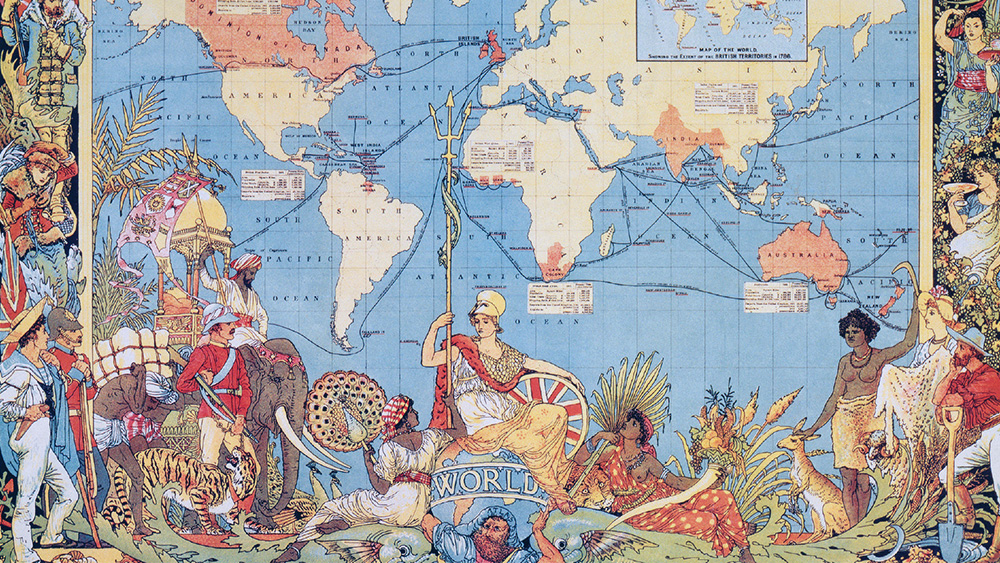
Lesson 6.0
Consequences of Industrialization
In the nineteenth century, emerging empires intersected with rising nationalism, industrial growth, and social reform—revealing deep global connections and shifting power structures in the age of imperialism.
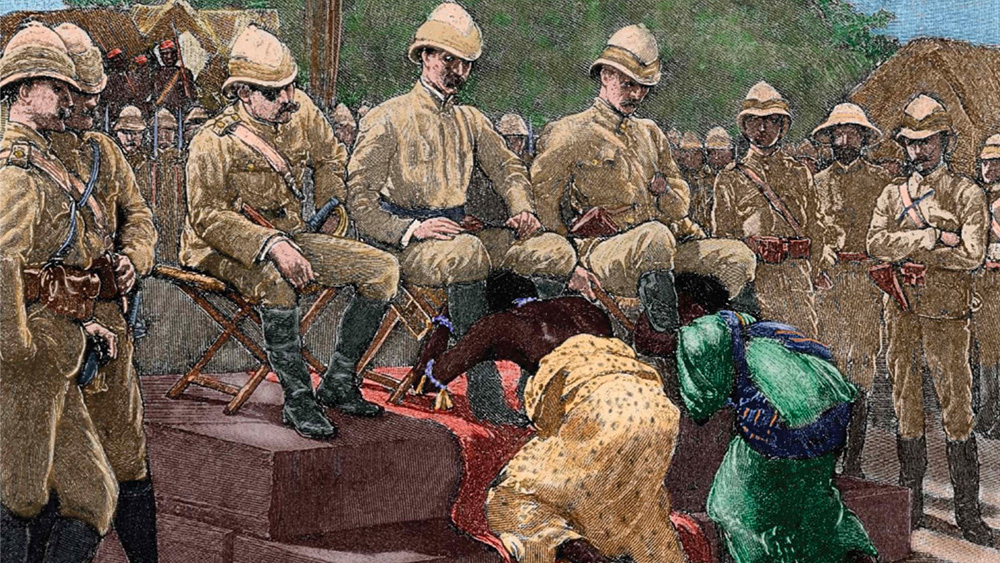
Lesson 6.1
Rationales for Imperialism from 1750 to 1900 CE
Imperialism was defined by more than just land grabs. Industrialized nations justified expansion through ideologies of nationalism, racial theories, and religious zealotry.
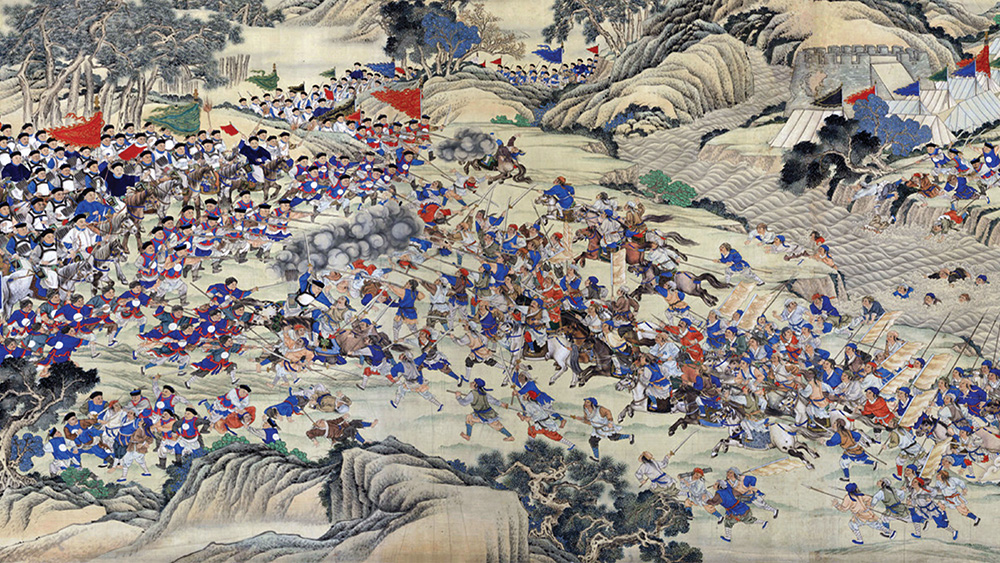
Lesson 6.2
State Expansion from 1750 to 1900 CE
Imperialist powers shaped regions around the world. Their methods produced both intended goals and unforeseen consequences, transforming societies, economies, and political systems.
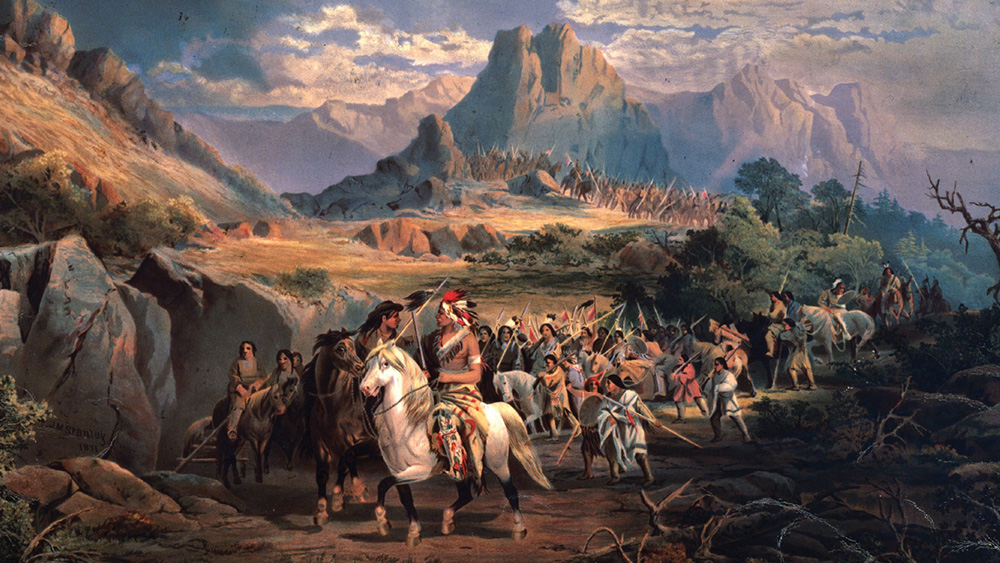
Lesson 6.3
Indigenous Responses to State Expansion from 1750 to 1900 CE
Throughout the long nineteenth century, colonized peoples responded to imperialism with diverse strategies—cooperation, resistance, intellectual critique—in both subtle and overt ways.
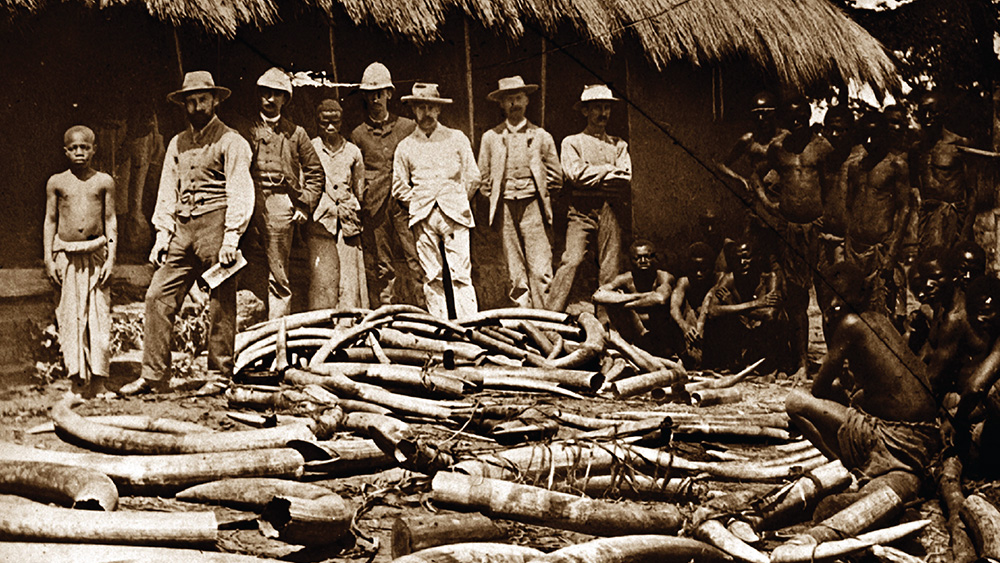
Lesson 6.4
Global Economic Development from 1750 to 1900 CE
Industrialized nations coveted raw materials. Colonies supplying resources faced exploitation, while industrial powers profited by controlling production and trade of finished goods.
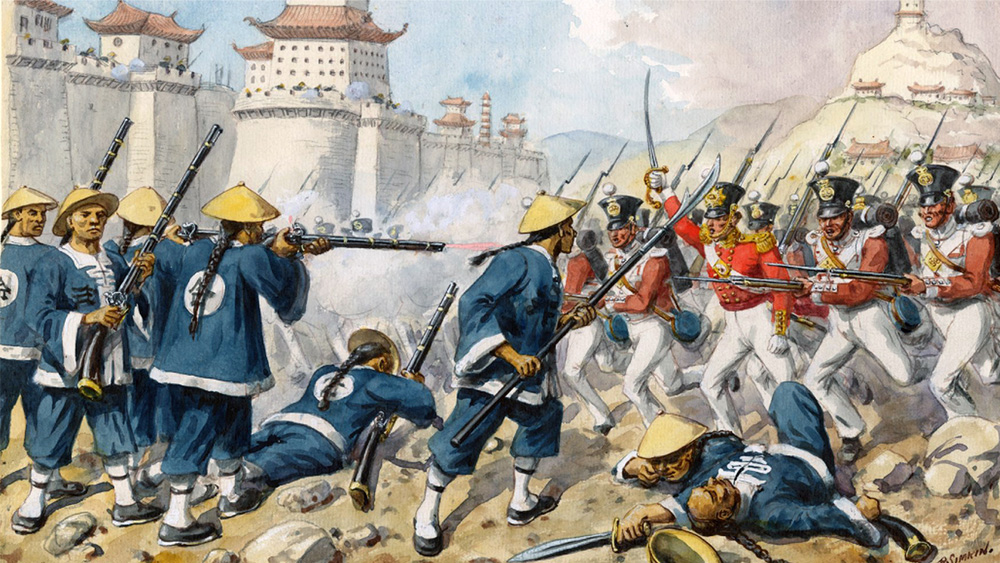
Lesson 6.5
Economic Imperialism from 1750 to 1900 CE
Industrialized nations shaped global trade to their advantage, dominating economies in Asia and Latin America. Smaller, less-industrialized countries were marginalized and often lost their economic independence.
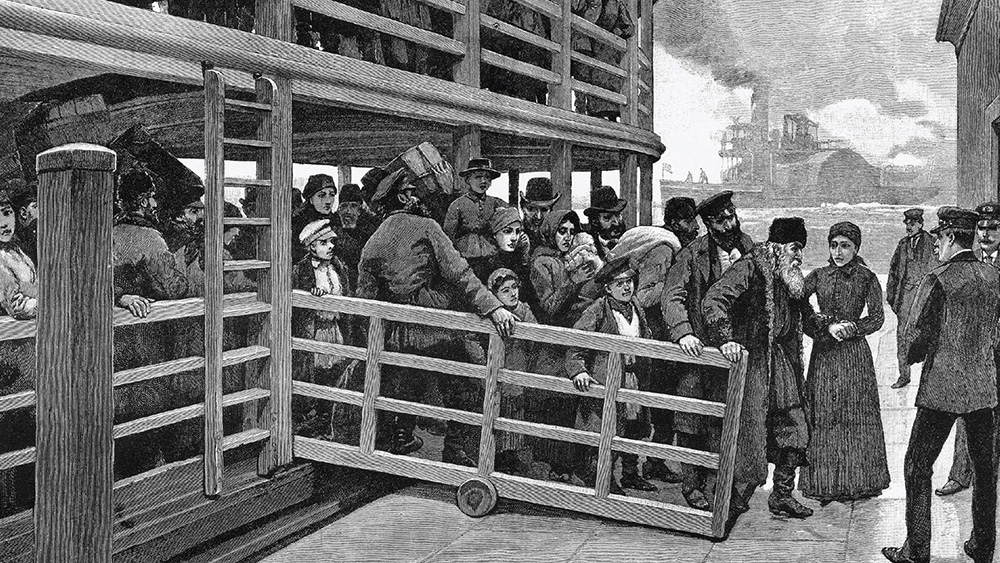
Lesson 6.6
Causes of Migration in an Interconnected World
Urbanization surged in the nineteenth century as rural populations moved to cities. Disrupted traditions and improved transportation fueled migration while new travel methods helped maintain ties to rural communities.
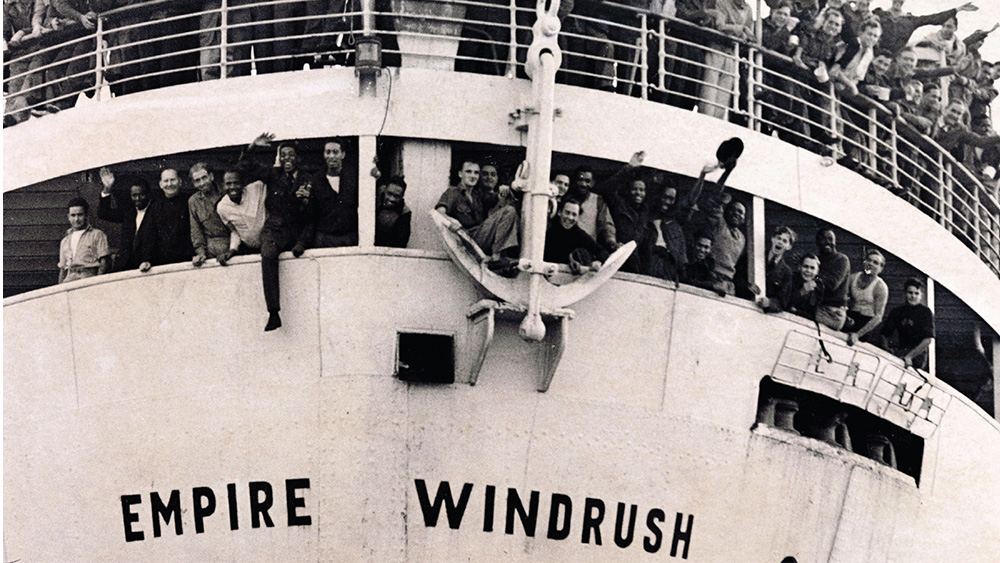
Lesson 6.7
Effects of Migration
Global migration surged in the long nineteenth century, driven by empire and industry. Immigrants took urban jobs, spread ideas, pursued reform, and reshaped cultural and political landscapes worldwide.

Lesson 6.8
Causation in the Imperial Age
Practice essay writing to improve your LEQ skills! Focusing on the use of evidence and reasoning will help you write a high-scoring essay.
 Teaching This Unit
Teaching This Unit
Unit 6 Vocab
Key Unit 6 vocabulary words and definitions.

Vocabulary Guide
Strategies and routines for building vocabulary.

Reading Overview
Reading strategies to help students dig into a variety of texts.

OER Teaching Sensitive Topics in Social Studies Guide
Support for having discussions that are difficult, but meaningful.

Historical Thinking Skills Guide
Develop the skills needed to analyze history and think like a historian.

Unit 6 Teaching Guides
All the lesson guides you need in one place.